Effective Practise
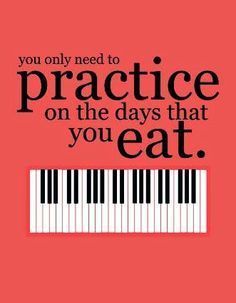
IS PRACTISE NECESSARY? Like athletes, musicians also have to train. Playing the piano or flute requires countless hours of dedication. If your child isn't practising regularly and properly, they will not progress - they will develop bad habits and in some cases REGRESS. It is important to practise SOON after the lesson while what we have covered is fresh in the mind. As I keep saying, practising is like a bucket with a hole in it.... you must keep topping it up. If the student has a lesson then doesn't touch the instrument again for a few days, all the things gained in the lesson will be lost. Sometimes there are valid reasons why a student hasn't practised much but.... I am not happy to continue teaching students indefinitely when they repeatedly don't practise or don't complete tasks I have set (including theory, scales and sight reading). It is disheartening for both student and teacher and a waste of parents' money. Please, please help the young musicians to develop a good practise routine - they will not just automatically do this by themselves until they are much more mature.
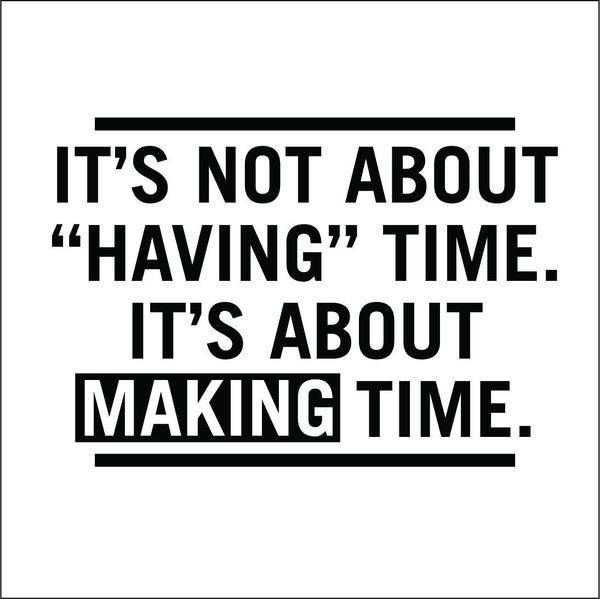

**Children will not practise automatically and need adults to make time and space for the musician to practise and also to remind them about HOW to practise**
COMMITMENT: As with eating, sleeping, reading, cleaning teeth….. children will need to learn about good habits, commitment and routine. I advise musicians to plan a regular daily practise schedule come what may, even if you are tired or don’t feel like practising. It is commitment and frequency that matter, not necessarily the amount of time you spend. ‘Little and often’ will help you achieve far more than overdoing it one day, and then doing nothing for the next few days. Some musicians find it more productive to put a little time in at the beginning of the day, and again later – whatever works for you.
As a rough guide to time required per day:
- Young Beginners: 10-20 minutes
- Grades 1-2: 20-30 mins
- Grade 3-4: 30-40 mins
- Grade 5-6: 40-50 minutes
- Grade 7-8: 1 hour
LISTEN & RESEARCH:
It is helpful for musicians to listen to recordings of their pieces and now this has never been so easy. Go on YouTube and search for the piece using the title and composer and there are usually numerous recordings to choose from. This can help pupils realise if they’re getting notes or rhythms wrong. Sometimes I ask parents to record me playing pieces, or the parts of pieces that a child needs help with, so do play these. As children mature, they should also find out about the composer, period and genre of their music to help them understand interpretation.
MUSICAL DEVELOPMENT: Wider musicianship skills need time and effort – Music theory must be completed and is set most weeks. Singing in the school or church choir or playing in a group/duet is valuable in improving aural skills. Attending concerts and listening to radio such as Classic fm broadens knowledge and understanding of orchestral instruments, composers, styles and inspires young musicians. https://www.classicfm.com/
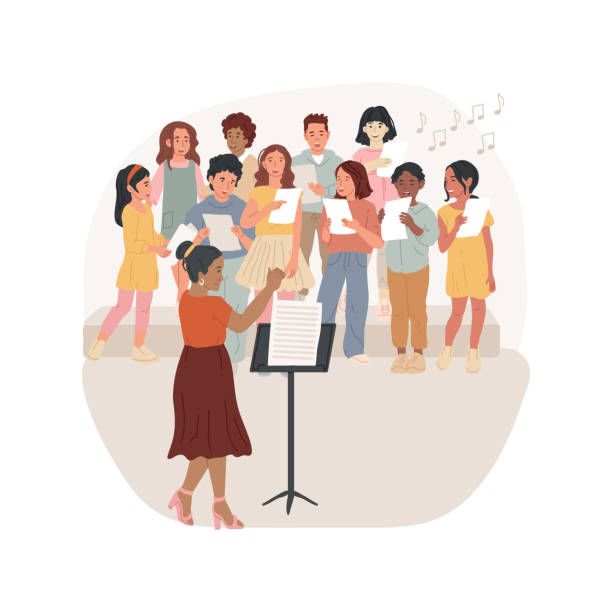

Practising Tips
BEFORE YOU START: Focus on the task at hand. Free your space of noise, disruption and distraction – switch off phones, computers, ipads, TV and gaming devices! Check you are sat correctly with good posture. Forearms level, elbows in front of body. Do you need a cushion or something to rest your feet on? Is your back straight? Are your fingers curved?
GOALS: Have a goal for the practise session and think, about what you need to improve. It is better to work on small sections and make improvements than to try and play lots of things badly. Which scale or arpeggio needs extra work? Which piece has new notes to learn? What do you find difficult?
TECHNICAL WORK: Scales & Arpeggios/Technical/Tone exercises. Do these first each session as a warm up (think like an athelete) and they also link to your theory knowledge. Flautists should spend time on tone development daily. Play all or some of your scales and arpeggios. The weakest ones will need slow, separate work. Sometimes just try a scale 1 octave. Check that you know:
- The key signature and any accidentals.
- Related key (For example C major’s relative minor is A minor)
- Correct fingerings – knowing which notes the 4th fingers play is helpful.
- Different rhythms - Intermediate and higher grades should use the method of practising in different rhythms, Page 7 of Piano Lessons Book 2 by Fanny Waterman.
SIGHT READING only gets easier when you see and play lots of different music. If you only play the same three pieces for months at a time, your sight reading will be poor. Do the exercises in ‘Improve Your Sight Reading’ and ‘A Piece a Week’ to strengthen this essential skill.
PIECES: DO NOT PLAY THROUGH THE PIECE START TO FINISH. If you only play through pieces with mistakes, you are actually practising the mistakes and developing bad habits and then it is far more difficult to fix ingrained mistakes. You will be frustrated with the outcomes of this type of practise. Isolate and work on the trouble spots that need care and attention and extra practise. If you cannot play something correctly and securely:
SECTION work will help you to focus on the difficult parts and make improvements. Like building with lego, work in sections! Sometimes just one bar going onto the first notes of the next bar is needed and is far more productive than playing through a whole piece full of mistakes. Have you checked the key signature. Can you work out the rhythm? What are the dynamics and articulation?
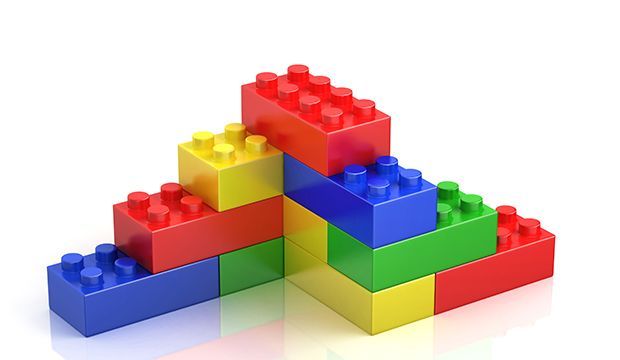
SEPARATE practise is needed to check notes, rhythms and fingerings are correct. Mark in some fingerings if needed. THREE times separately then THREE times hands together is often enough but only if you are doing this three times ACCURATELY. Aim for a hat trick before moving on.
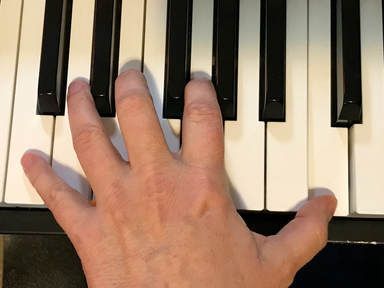
SLOW practise is essential so that your brain is ahead of your fingers. If you can’t play something correctly at a slow tempo, it won’t work when played up to speed. Play at a speed where everything is correct.


